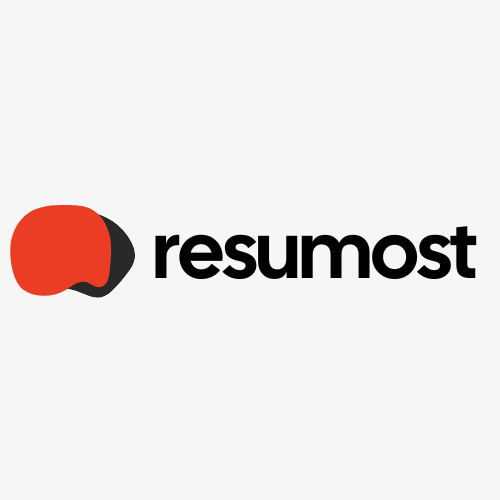Didn't Get the Job? Here's Your Game Plan for Bouncing Back
The "no" after an interview stings, but it's not the end of your job search. This guide provides a clear, actionable plan to process rejection, gather feedback, and turn the experience into your greatest advantage for landing the next role.
Why It's (Usually) Not About You
Before we dive into the action plan, let’s get one thing straight: a hiring decision is a complex puzzle with dozens of pieces, and most of them have nothing to do with your qualifications or personality. The decision not to hire you could be due to factors completely outside of your control.
- An Internal Candidate: They may have had a preferred internal applicant from the very beginning.
- Budget or Priority Shifts: The company’s needs might have changed mid-process, freezing the role or altering the budget.
- An Overqualified "Unicorn" Candidate: Sometimes, another applicant just happens to have an incredibly specific and perfect blend of niche skills that no one could predict.
- "Culture Fit" Ambiguity: "Fit" can be subjective. It might just mean the hiring manager connected with someone else over a shared hobby or background.
Understanding this helps you depersonalize the rejection. It wasn’t necessarily a verdict on your worth; it was a business decision based on a unique set of circumstances.
Your Post-Rejection Action Plan
Okay, you’ve taken a deep breath. Now it's time to be proactive. Following a clear process prevents you from wallowing and channels your energy into productive action.
Step 1: Give Yourself a Grace Period (But Set a Timer)
Don't ignore your feelings. It's okay to be bummed out. Suppressing it will only make it fester.
- Vent to a trusted friend or family member.
- Go for a run, hit the gym, or do something physical to burn off the frustration.
- Treat yourself to something small you enjoy—your favorite coffee, an hour of a good book, or a walk in the park.
The key is to set a limit. Give yourself the afternoon or the evening to process it, but make a pact with yourself that tomorrow, you'll shift your focus forward.
Step 2: Politely Ask for Feedback
This is the single most valuable step you can take. While not every company will provide feedback due to policy, many are happy to share constructive thoughts if you ask professionally.
Send a brief, gracious email to the hiring manager or recruiter. Here's a simple template:
Hi [Hiring Manager's Name],
Thank you again for the opportunity to interview for the [Job Title] position and for letting me know your decision.
While I'm disappointed, I truly enjoyed learning more about your team. If you have a moment, would you be open to sharing any brief feedback on my interview or application that could help me in my future job search?
I wish you and your team the best in finding the right candidate.
All the best,
[Your Name]
This positions you as a mature, professional, and growth-oriented individual, which leaves a fantastic lasting impression.
Step 3: Turn Feedback into Fuel
When you receive feedback (or even if you don't), perform a self-audit. Think back on the interview process.
- Where did you feel most confident? Double down on those strengths in your next interview.
- Which questions made you stumble? Practice your answers to common tough questions. Were your examples for behavioral questions (using the STAR method) specific enough?
- Did your qualifications truly match the role? Sometimes feedback reveals that your resume didn't fully capture your most relevant experience. This is a perfect opportunity to refine your application materials. A polished, targeted resume is crucial, and using a modern builder like resumost.com can help you craft a standout document that clearly communicates your value for the next role.
Step 4: Refocus and Keep Moving
Dwelling on a single rejection is the fastest way to lose momentum. Your job now is to get back on the horse.
- Apply for another job. The simple act of moving forward builds positive momentum.
- Review your goals. Does this rejection clarify what you really want in a role? Use it to refine your search.
- Celebrate the small wins. Remember, getting an interview in the first place is a huge success! It means your resume is working and you are a qualified candidate.
Every "no" brings you one step closer to the right "yes." By treating rejection as a lesson instead of a loss, you build resilience, sharpen your skills, and make yourself an even more compelling candidate for the perfect opportunity that's just around the corner.
© 2026 Resumost.
We love that you're reading our work! Please note that this content is our own. If you'd like to share or re-post it, please reach out to us for permission first. Unauthorized scraping of this site is not permitted.

The Resumost Team
Resumost instantly creates a compelling, professional letter based on your newly tailored resume and the specific job you're targeting.
